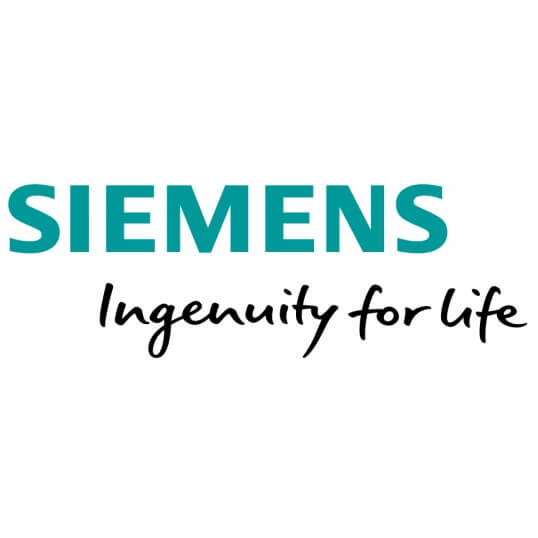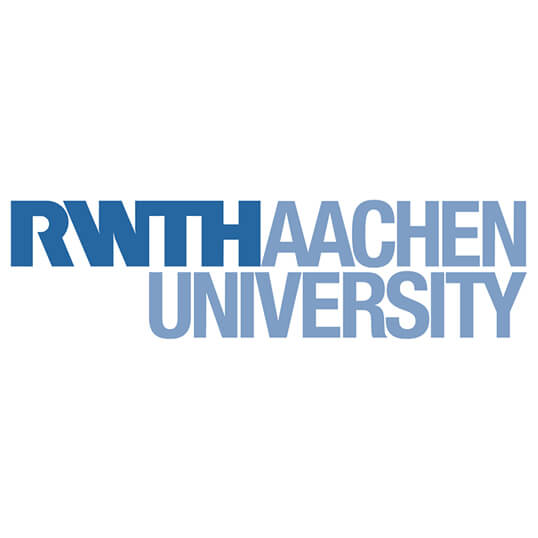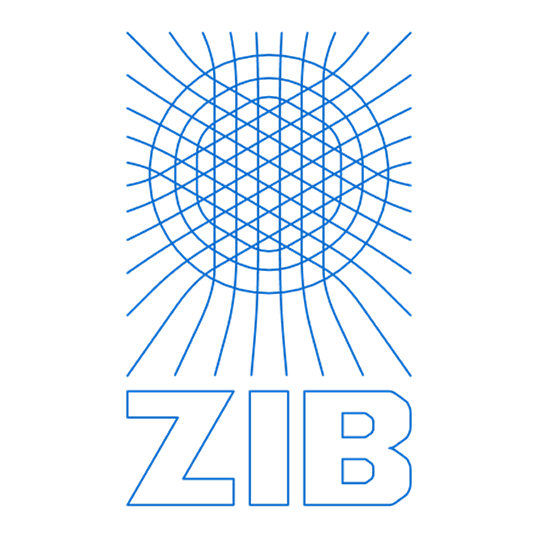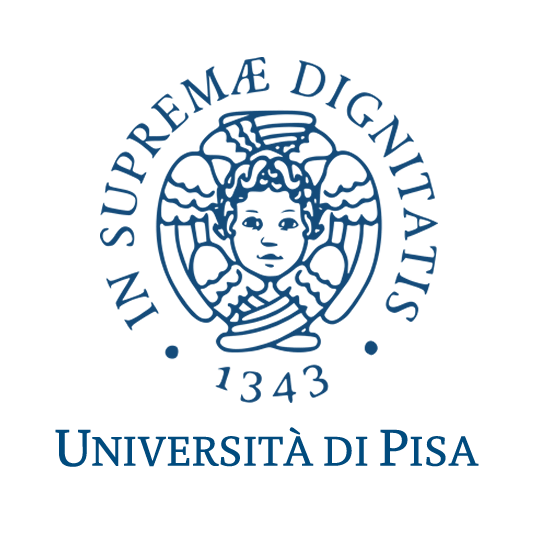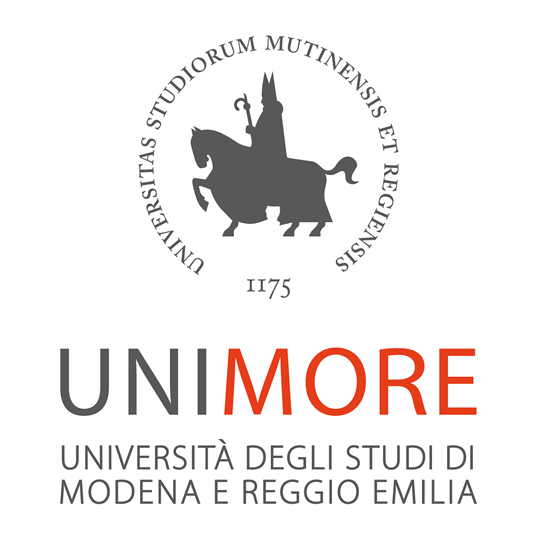The project consortium consists of partners with broad expertise who cover all the know-how in the energy system :
- Market players who ensure that the issues that are actually relevant are addressed
- Expertise in the energy sector through academic and industrial partners
- Scientist in the field of mathematical methods with a strong expertise
- Computer scientists and engineering scientists who ensure the efficiency of the tools developed
In particular, the consortium led by EDF is formed by :
 As a global leader in low-carbon energy, the EDF Group covers every sector of expertise, from generation to trading and transmission grids. EDF builds on the expertise of its people, its R&D and engineering skills, its experience as a leading industry operator and the attentive support of its customers to deliver competitive solutions that successfully reconcile economic growth with climate protection. EDF is the first producer of renewable electricity in Europe.
As a global leader in low-carbon energy, the EDF Group covers every sector of expertise, from generation to trading and transmission grids. EDF builds on the expertise of its people, its R&D and engineering skills, its experience as a leading industry operator and the attentive support of its customers to deliver competitive solutions that successfully reconcile economic growth with climate protection. EDF is the first producer of renewable electricity in Europe.
EDF R&D has a long experience in the development of software for Energy Management using state of the art Computer Science and Mathematical Programming methodologies, both for the operation of the electric system and for performing technical and economic studies.
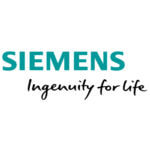 Siemens AG is a global powerhouse in electronics and electrical engineering. Operating in the fields of automation, digitalization and electrification, Siemens holds leading market positions in all its business areas.
Siemens AG is a global powerhouse in electronics and electrical engineering. Operating in the fields of automation, digitalization and electrification, Siemens holds leading market positions in all its business areas.
Within its R&D initiative ‘Future Energy Systems’ Siemens Corporate Technology has build up deep knowledge on macro- and project-level energy system design. Special focus is set on the flexibility that sector coupling can provide to multi-modal energy systems.

The HPE HPC/AI EMEA Research Lab (ERL) performs research and development in strategic areas that strengthen HPE leadership in high-performance computing and data analytics, and which deepen HPE’s involvement in the scientific and technical communities of EMEA.
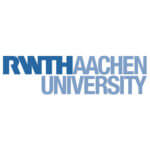 The Institute for High Voltage Technology of the RWTH Aachen University has great expertise and detailed knowledge about the energy system as a whole, especially in market analyses and electrical transmission grid calculations. Specialized tools to tackle challenging questions within the energy system, alongside efficient optimization and decomposition methods, have been developed in the past. Recent research focuses on the topic of multi-energy systems and sector coupling to increase the flexibility of the energy system and facilitate the integration of renewable energies.
The Institute for High Voltage Technology of the RWTH Aachen University has great expertise and detailed knowledge about the energy system as a whole, especially in market analyses and electrical transmission grid calculations. Specialized tools to tackle challenging questions within the energy system, alongside efficient optimization and decomposition methods, have been developed in the past. Recent research focuses on the topic of multi-energy systems and sector coupling to increase the flexibility of the energy system and facilitate the integration of renewable energies.
 Imperial College, Department of Electrical and Electronic Engineering is at the forefront of innovation in the development of new classes of tools for analysing technical, economic, security and market performance of future low carbon energy systems; a wide range of methodologies has been developed to optimise various strategic development in generation, onshore and offshore transmission, distribution, and storage systems. Outputs of such analyses have been used to inform the development of appropriate market, regulatory, commercial frameworks and energy policies.
Imperial College, Department of Electrical and Electronic Engineering is at the forefront of innovation in the development of new classes of tools for analysing technical, economic, security and market performance of future low carbon energy systems; a wide range of methodologies has been developed to optimise various strategic development in generation, onshore and offshore transmission, distribution, and storage systems. Outputs of such analyses have been used to inform the development of appropriate market, regulatory, commercial frameworks and energy policies.
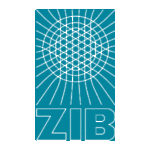 The Zuse Institute Berlin (ZIB) is an interdisciplinary research institute for applied mathematics and data-intensive high-performance computing. Its research focuses on modeling, simulation and optimization with scientific cooperation partners from academia and industry. The research group Energy Network Optimization is among the world leaders in modelling and computing long term capacity planning for national size gas grids. The research group Mathematical Optimization Methods holds long-standing expertise in algorithms for mixed-integer linear and nonlinear optimization. Jointly with many partners from academia and industry, ZIB develops the SCIP Optimization Suite, which is currently the fastest MIP and MINLP solver available in source code.
The Zuse Institute Berlin (ZIB) is an interdisciplinary research institute for applied mathematics and data-intensive high-performance computing. Its research focuses on modeling, simulation and optimization with scientific cooperation partners from academia and industry. The research group Energy Network Optimization is among the world leaders in modelling and computing long term capacity planning for national size gas grids. The research group Mathematical Optimization Methods holds long-standing expertise in algorithms for mixed-integer linear and nonlinear optimization. Jointly with many partners from academia and industry, ZIB develops the SCIP Optimization Suite, which is currently the fastest MIP and MINLP solver available in source code.
 ICOOR is a research centre founded in 2008 and aimed at promoting research and studies in Optimization, Operation Research and related domains. The ICOOR members are 10 Italian Universities spread across all the country. The complementary capacities of the ICOOR’s members make it a unique pole of excellence in Optimization and Operations Research. The members of ICOOR Consortium have proven experience both on theoretical research and development of practical applications in several areas. By using techniques such as mathematical modelling, ICOOR‘s competencies consist in the analysis of complex situations and development of tools to make more effective decisions and build more productive systems. The expertise of the ICOOR members is proved by the almost 1000 publications appeared on strictly peer-reviewed International journals and books in the last 10 years, in the following fields: Energy and Environment, Facility Location, Graph Theory, Health Systems, Informatics, Logistics, Mathematical programming tools and theory, Network Design, Packing and Cutting, Production Planning and Scheduling, Telecommunication, Timetabling and staff scheduling, Transportation. ICOOR, directly or through its members has coordinated and participated in several EU and national funded project.
ICOOR is a research centre founded in 2008 and aimed at promoting research and studies in Optimization, Operation Research and related domains. The ICOOR members are 10 Italian Universities spread across all the country. The complementary capacities of the ICOOR’s members make it a unique pole of excellence in Optimization and Operations Research. The members of ICOOR Consortium have proven experience both on theoretical research and development of practical applications in several areas. By using techniques such as mathematical modelling, ICOOR‘s competencies consist in the analysis of complex situations and development of tools to make more effective decisions and build more productive systems. The expertise of the ICOOR members is proved by the almost 1000 publications appeared on strictly peer-reviewed International journals and books in the last 10 years, in the following fields: Energy and Environment, Facility Location, Graph Theory, Health Systems, Informatics, Logistics, Mathematical programming tools and theory, Network Design, Packing and Cutting, Production Planning and Scheduling, Telecommunication, Timetabling and staff scheduling, Transportation. ICOOR, directly or through its members has coordinated and participated in several EU and national funded project.
For Plan4RES in particular, ICOOR participates through the University of Pisa, providing experience in algorithms and software for driving the decomposition approach that will be required to solve the very-large-scale, complex optimization problems, and the University of Modena and Reggio Emilia, providing expertise in energy optimization problems and the curation of the large amount of data that will be required.



